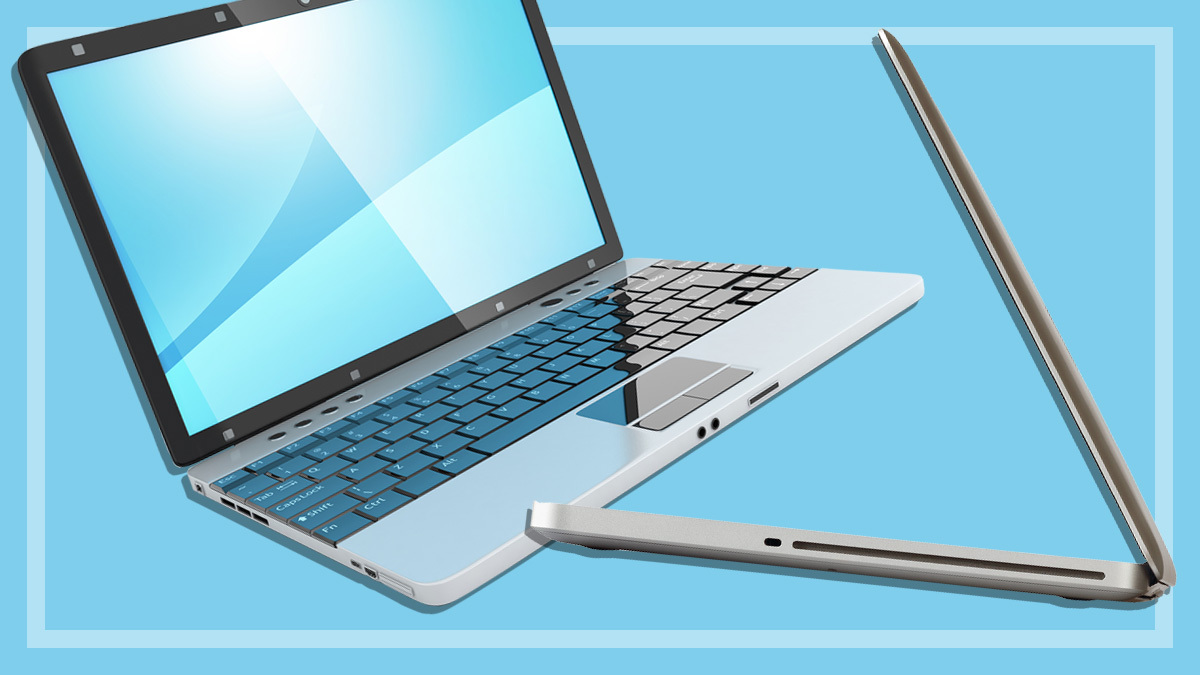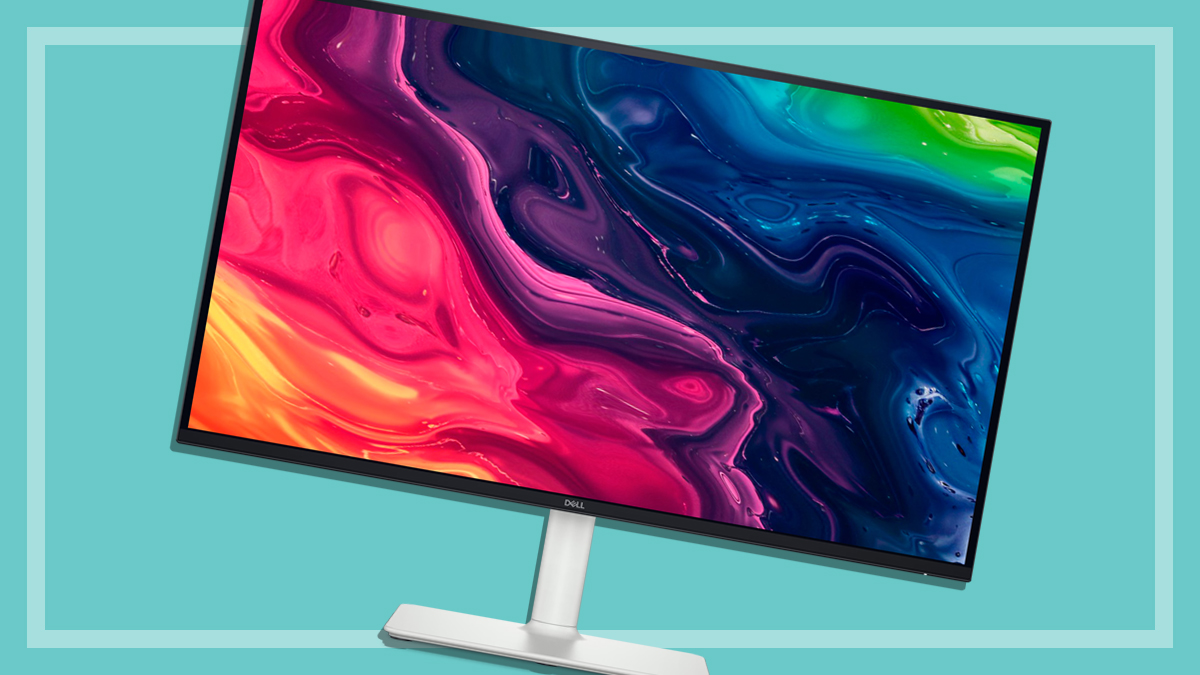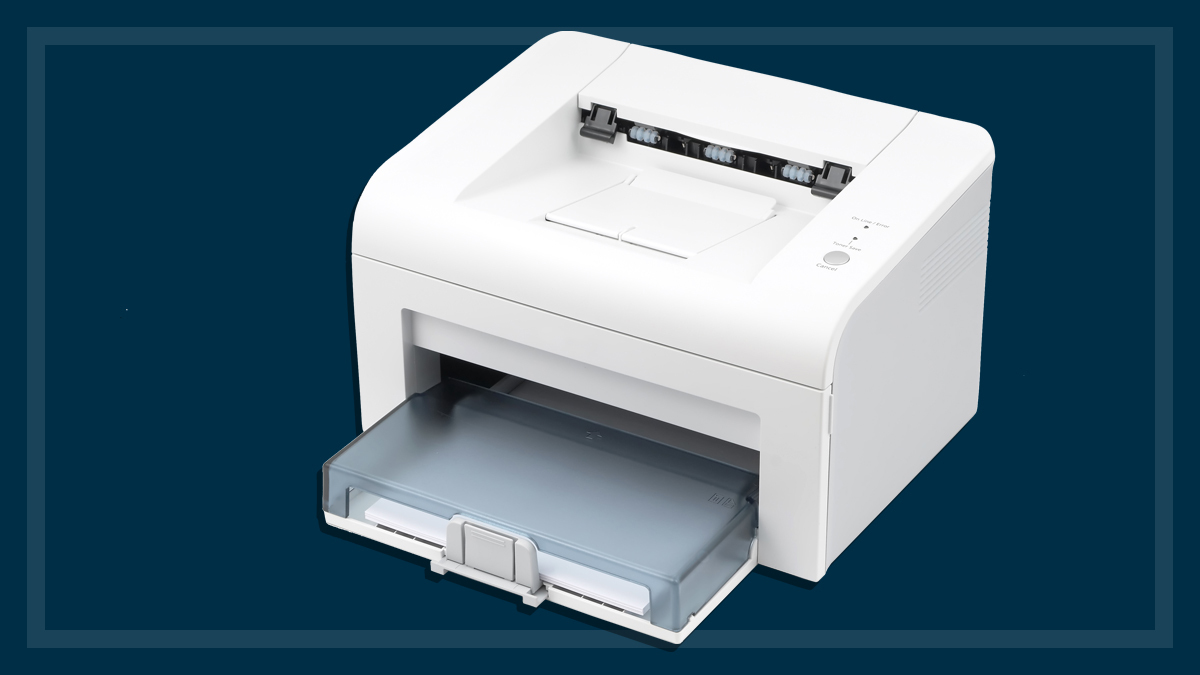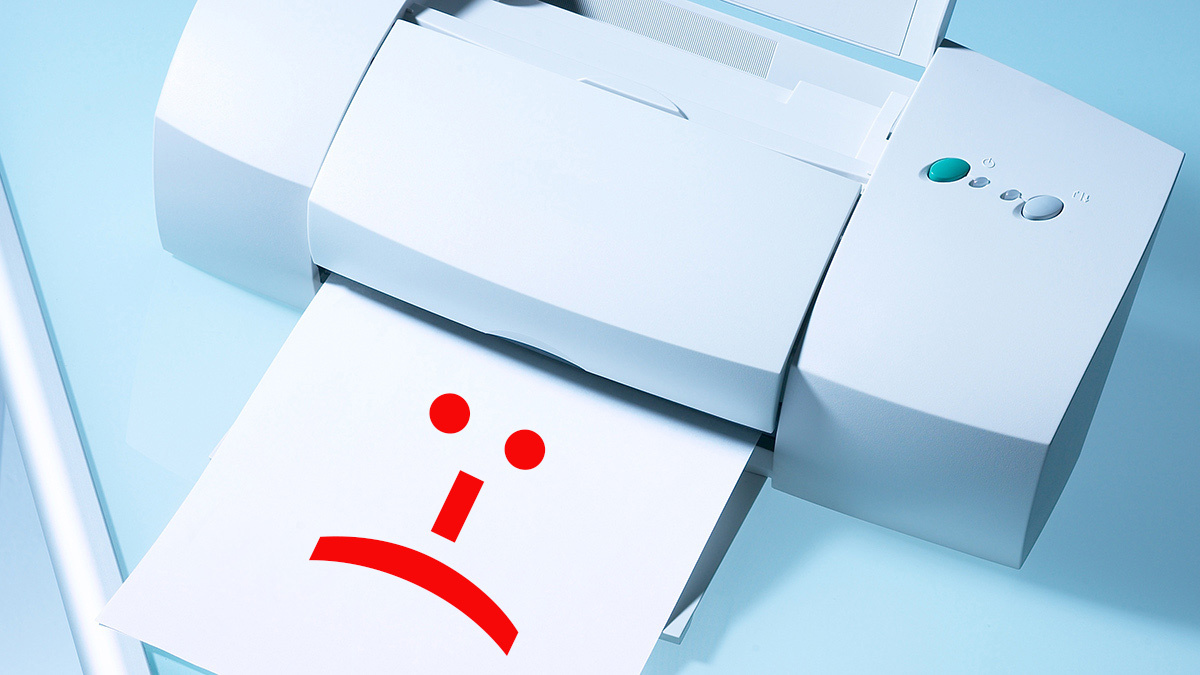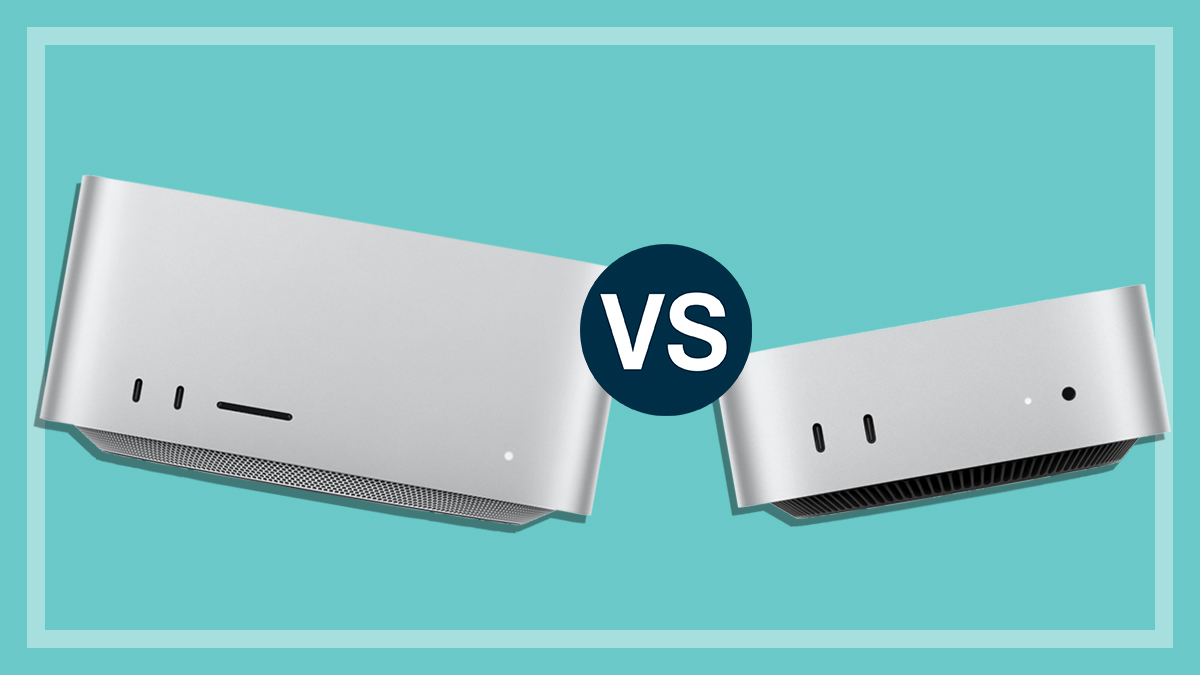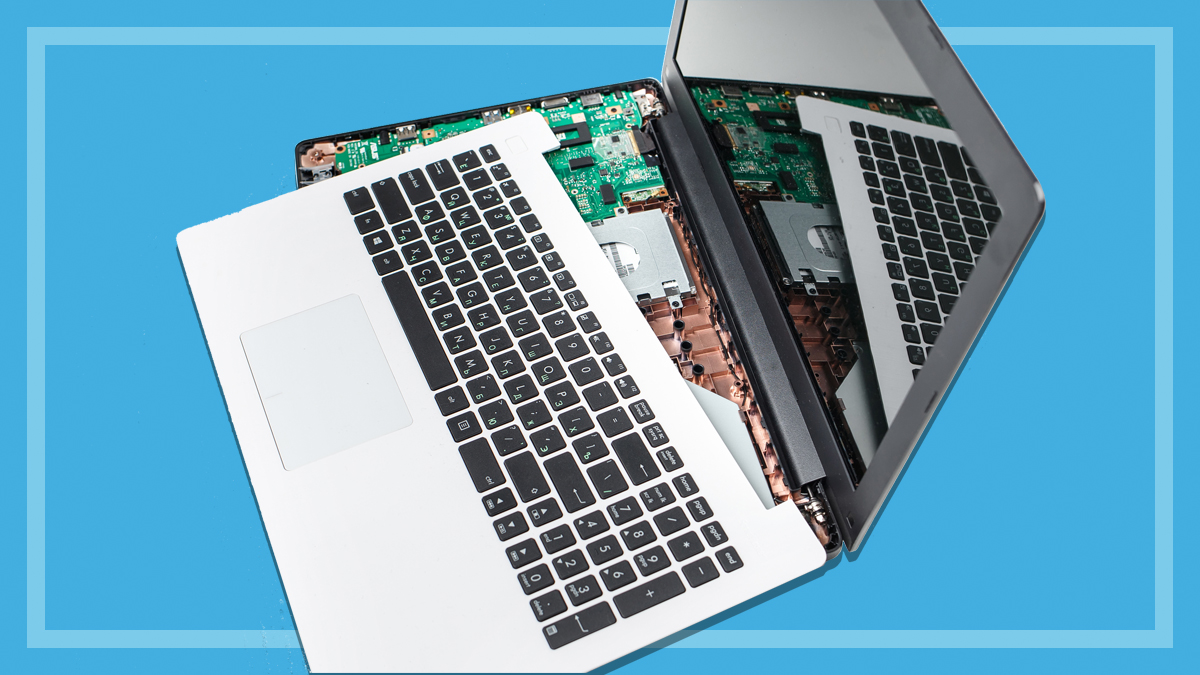Get our independent lab tests, expert reviews and honest advice.
The best student laptops from our tests

Need to know
- You'll need to consider a number of factors when choosing a laptop for your school-aged child
- Price is obviously a key consideration, but so is size, durability, battery life and power
- For CHOICE members, our experts reveal which laptops they recommend for students
On this page:
- How much do you need to spend on a student laptop?
- What's better for school: Mac or Windows?
- What's the best screen size for a student laptop?
- Durable laptops for backpacks
- The best student laptops
Back-to-school shopping can be expensive, especially now that many schools require you to supply a laptop or tablet for your child to use in the classroom. With such a big expense, you’ll want to be sure you make the right choice so it’ll (hopefully) last until your child finishes school.
But how much do you really need to spend on a decent piece of tech? Your kids can probably present a pretty convincing case for why they need a pricey, top-of-the-line laptop from Apple, Microsoft or Dell.
But in reality, a mid-range model will suit most students. So, before you drop hundreds or thousands of dollars on a new laptop, here’s what you need to know.
Plus, for CHOICE members, we’ll reveal the student laptops our experts recommend. If you just want see the best products, jump straight to the results now.
What to look for in a student laptop
The features to look for will depend on the kind of subjects your child is studying. Almost all currently available entry-level laptops meet the minimum requirements for standard school research work – things like web browsing, word processing, video streaming and so on.
But you’re probably better off considering a mid-range laptop, even if the subjects your child is doing only have basic hardware requirements. These programs can feel rather sluggish on an entry-level model.
Creative subjects generally require a bit more grunt. Photo, audio and video editing, for example, need mid-to-high-end hardware in order to run.
Here’s a basic guide on the differences between basic, mid-range and high-end laptops from our tests. Note that these are broad examples and should only be used as a jumping-off point – you’ll need to closely examine the specs of any specific model you’re considering buying.
Laptops and tablets for school
Basic
Price range: $500–700
Available storage: 100GB approx.
RAM (GB): 4GB
Battery life: 6hr
Processor (example): Intel Celeron N4500
Weight (kg) 1.4kg
Screen size (in): 13–15
Mid-range
Price range: $700–1500
Available storage: 256–512GB
RAM (GB): 8GB
Battery life: 6hr
Processor (example): AMD Raedon 610M
Weight (kg) 1.6kg
Screen size (in): 13–15
High-end
Price range: $1500+
Available storage: 512GB+
RAM (GB): 8–16GB
Battery life: 8hr
Processor (example): Apple M4
Weight (kg) 1.2kg
Screen size (in): 15+
How much do you need to spend on a student laptop?
Like any purchase, this is a ‘how long is a piece of string?’ situation. Basic laptops that meet the minimum requirements for school start at around $500. However, you can expect to spend at least $700 for one with decent performance and speeds.
Keep in mind, price generally increases with performance. A laptop with performance appropriate for creative software (design, multimedia, etc.) will come with a price tag closer to $1000 or more. However, you shouldn’t need to spend more than $1500 on a laptop for school.
A higher upfront cost may ultimately be cheaper in the long run, if it saves you buying a replacement model a couple of years down the track
Finally, consider future needs. The laptop should last at least four years and a basic model can quickly fall behind the hardware demands of many programs. A higher upfront cost may ultimately be cheaper in the long run, if it saves you buying a replacement model a couple of years down the track.
What’s better for school: Mac or Windows?
As far as software goes, almost all of the main programs required in schools are available for both Mac (OS X) and Windows computers. This includes cloud-based software that runs in web browsers like Firefox, Chrome and Safari.
However, you may find that more specialised software – particularly in creative spaces – is exclusive to Windows or OS X. Check the course requirements for software information or speak to the school to find out if this is the case for your child’s subjects.
It’s worth noting that gaming support (particularly for older titles) is still quite limited on Apple products, compared to Windows. Even some modern games don’t work, including those that run on programs like Steam. You can check compatibility with a quick Google search – e.g. “Will Fortnite work on an Apple MacBook?”.
You’ll also find that Apple products tend to be more expensive, so that’s a factor to consider.
Are Chromebooks good for school?
A Chromebook is a lightweight alternative to a laptop that runs Google’s ChromeOS. You can’t install most software on a Chromebook. Instead, they rely on online services and a handful of programs in the Chrome Store to function.
They’re a viable option for office work and some school projects, but can feel limited or underpowered in other areas. More specialised software, creative tools and games may not perform well or function at all on a Chromebook.
What’s the best screen size for a student laptop?
Though there are no hard and fast rules here, you want to find the right balance between ease of use and portability. Most laptop displays are 13–15 inches, which is suitable for schoolwork.
You may want to go a little larger, 15-inches or above, if your child is pursuing creative subjects. The detail required for this sort of work will benefit from a larger screen. You can also get 10–12-inch models, but they can feel cramped and may be uncomfortable to use for long periods.
Durable laptops for backpacks
Durability shouldn’t be overlooked when deciding which laptop to buy. Most are notoriously susceptible to accidental spills. Generally speaking, laptops don’t like to be dropped or put through any particularly strenuous situations.
They may be able to handle a few bumps in a backpack but it’s best to pay a little extra for a carry case (even as a second layer of protection in a backpack). These cost around $30–100.
Insurance may also be a good option, just in case. Check for portable cover on your contents insurance and read the fine print to make sure it covers your child taking it to school.
The best student laptops
The detailed results of our laptops review, plus the laptops that our experts recommend, are available exclusively to CHOICE members. If you’re not yet a member, join CHOICE to access thousands of independent reviews from our state-of-the-art labs.
Our industry experts rigorously test and compare the latest household products and services, looking at everything from washing machines and vacuum cleaners to mattresses, lawnmowers, health insurance and more. We’ll help you save time and money with our independent, unbiased advice.
Most of the models in our test are available in a variety of hardware configurations – more RAM, storage etc. Prices and performance will vary.
Our battery life heavy usage test has the screen set to 100% brightness and Wi-Fi enabled with continuous HD video playback.
Available storage space means how much storage is available to you after drive-formatting and installation of the standard operating system (OS) plus supplied software. This is less than the advertised storage and gives a clearer representation of how much space you can actually use.
If you’re looking for a computer that’s also good for gaming (after schoolwork is finished) make sure your kid’s favourite titles will work before buying.
The specific models tested may not have the same RAM and storage configurations as those currently available. These components have minimal impact on our performance tests so we still list them as available even if configurations are slightly different – e.g. 16GB of RAM instead of the tested 8GB. This may result in minor increases/decreases in price.

